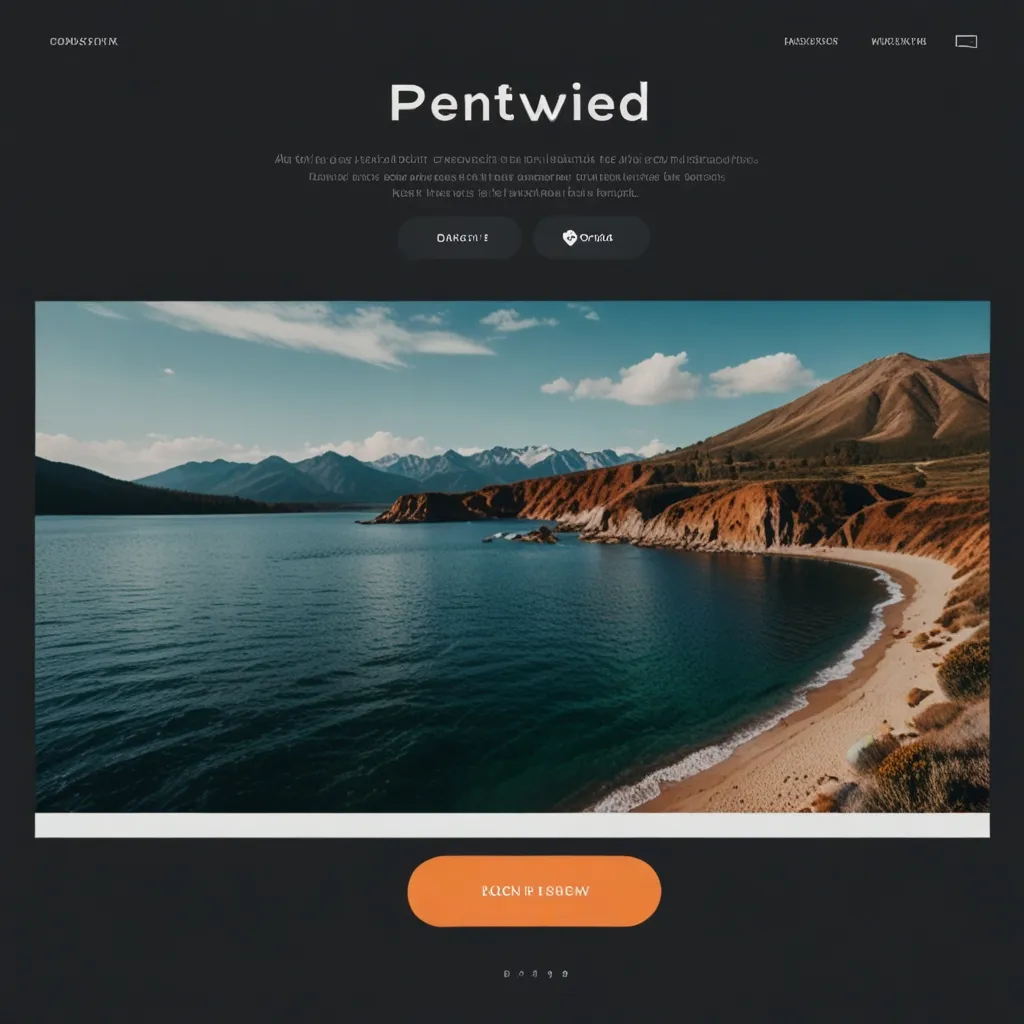In the wild world of the internet, making your website not only stand out but also understandable to search engines is a big deal. Enter Schema.org markup—a game-changer for how search engines interpret and display web content.
The Goal of Schema.org
Schema.org is the result of a powerhouse team-up by Google, Microsoft, Yahoo, and Yandex. Their mission? To create, maintain, and spread schemas for structured data on the internet. In simple terms, they want to standardize how web pages, emails, and other online content are tagged with structured data. This makes it easier for search engines to understand and sort through everything.
How Schema.org Works
Imagine your website is all about the movie “Avatar.” Without structured data, search engines might get confused about whether your content is about the film or something completely random, like a news article that happens to mention it. Schema.org fixes this by providing a universal lingo that webmasters can use to mark up their content. This “vocabulary” includes types (like “Movie” or “Product”) and properties (such as “title” or “rating”). So, if you label your page as being about the “Avatar” movie using Schema.org, search engines will instantly know that your content is about the film and not, say, a theatrical production or a metal band.
Benefits of Using Schema.org Markup
There are a ton of perks when you use Schema.org markup. One of the coolest is the chance to snag rich snippets in search engine results pages (SERPs). Rich snippets are those fancy search results that show extra details like ratings, images, and author names. These eye-catching snippets can significantly boost your click-through rates and bring more organic traffic to your site.
Think about a recipe website as an example. With Schema.org markup, you can spotlight crucial details like cooking time, ingredients, and user ratings right in the search results. This makes it super easy for users to see if your page matches what they’re searching for, making them more likely to click on your link.
Versatility of Schema.org Markup
Schema.org isn’t a one-trick pony. You can apply its markup to all kinds of content. Here are some ways you can use it:
- Articles and Blog Posts: Use tags like “Article” or “BlogPosting” to highlight the author, publication date, and other juicy details.
- Events: The “Event” schema can show things like date, location, and ticketing info, helping users find events more easily.
- Products and E-commerce: Product schemas can display pricing, availability, ratings, and brand info, making the shopping experience smoother for users.
- Local Businesses: Local business schemas can include contact info, location, hours of operation, and more, making it easier for customers to find you.
- Recipes: Recipe schemas can pull details like cooking time, ingredients, and user ratings right into the search results, helping users find the perfect recipe quicker.
Boosting User Experience
Schema.org markup isn’t just a boon for search engines—it improves user experience too. By offering more informative and visually appealing search listings, users can quickly figure out if a page matches their interests before clicking on it. For instance, if you’re looking for a local restaurant, a rich snippet showing the restaurant’s address, phone number, and hours of operation can save you a lot of time and hassle.
How to Implement Schema.org
Getting Schema.org markup on your site isn’t rocket science. You add the markup directly to your HTML using formats like RDFa, Microdata, or JSON-LD. If you’re struggling, the Schema.org community is pretty active and supportive. They’ve got loads of resources to help you out, from forums to guides. The project is managed through a steering group and a community group, ensuring that the schemas are always up-to-date and relevant.
Common Hiccups and Mistakes
Sure, Schema.org markup is powerful, but it’s not without its challenges. One common hiccup is picking the right schema type for your content. With over 800 schema types available, it’s easy to get a bit lost. Also, making sure that your markup is correctly implemented and validated is crucial. Tools like Google’s Structured Data Testing Tool can help you check your markup and avoid common pitfalls.
Wrapping Up
Using Schema.org markup can be a game-changer for your website in today’s digital landscape. By offering a standardized way to mark up structured data, Schema.org helps search engines understand your content better. This leads to richer search results and a better user experience. Whether you’re running a blog, an e-commerce site, or a local business, Schema.org can make a massive difference in your online visibility and traffic.
So why wait? Dive into Schema.org today. With the backing of a collaborative community and the potential for better search engine rankings and rich snippets, it’s an SEO goldmine you can’t afford to ignore.






